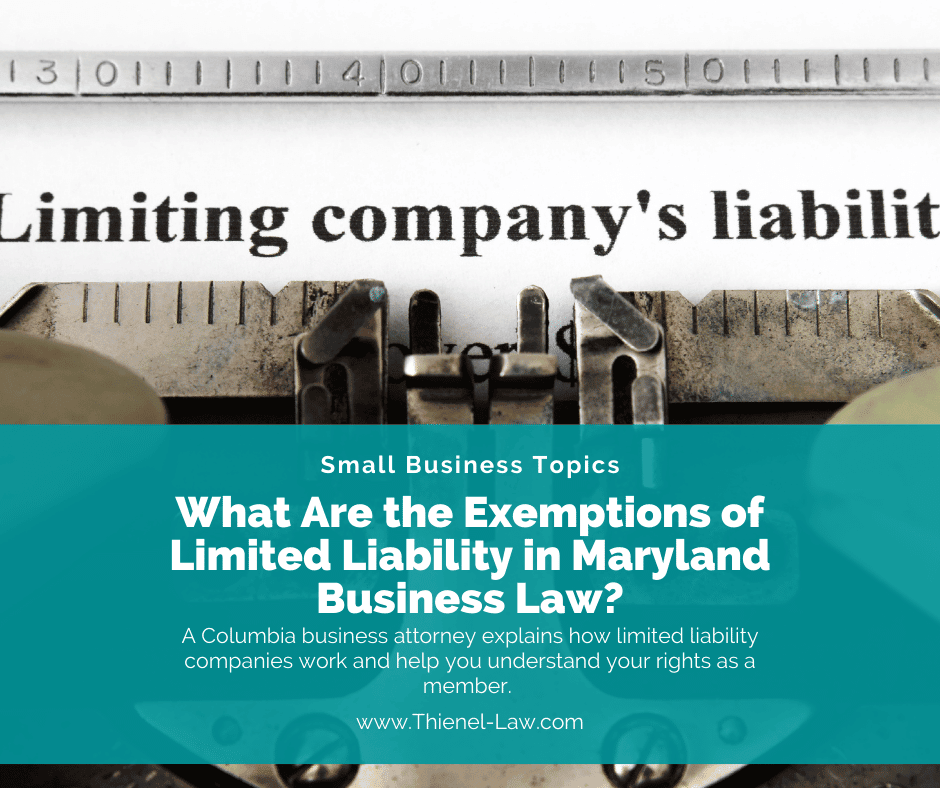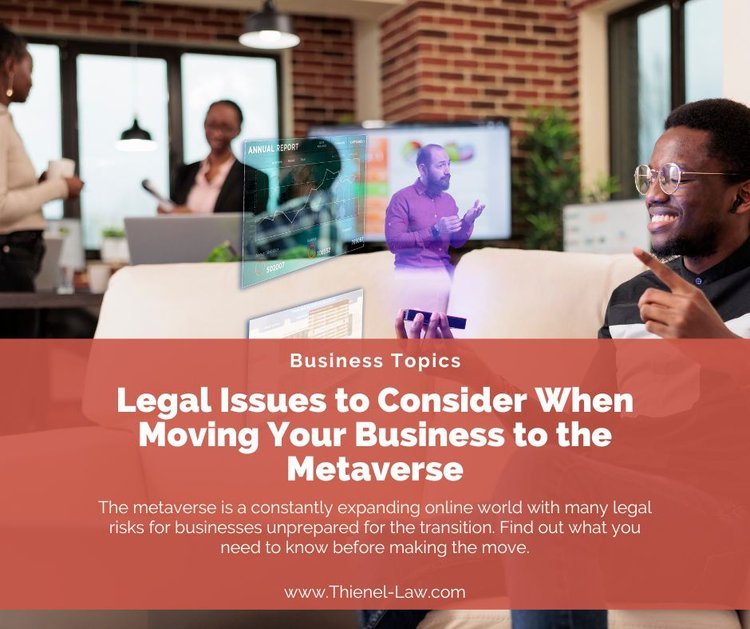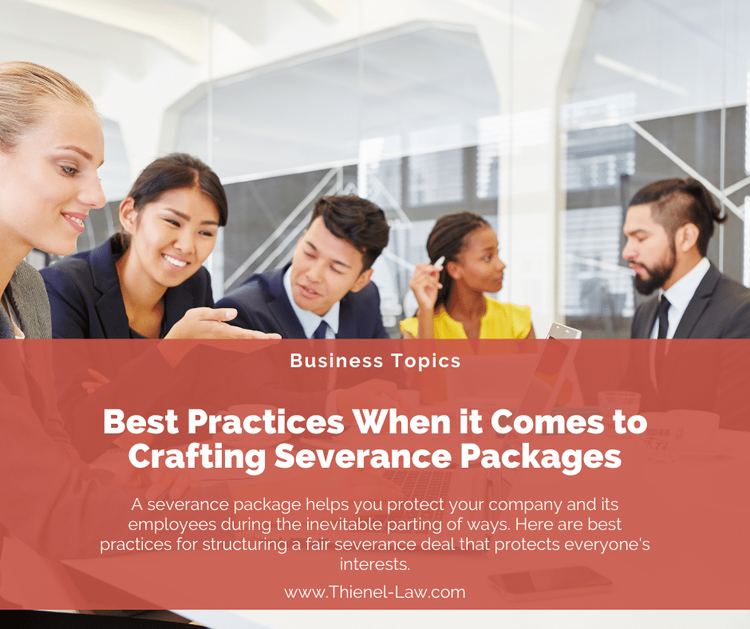What Are the Exemptions of Limited Liability in Maryland Business Law?
Members of a limited liability company in Maryland enjoy certain financial protections, the most important of which is that people cannot sue them and take their personal assets, such as their home or bank accounts, to satisfy judgments against the limited liability corporation. As with many legal concepts, however, there are exceptions to this general rule.
This article will address the question, “What are the exemptions of limited liability in Maryland business law?” A Columbia, Maryland business attorney can explain how Maryland business law can apply to your situation and help you devise a company strategy to minimize your personal risk.
The General Rule of Limited Liability Companies in Maryland
Section4A-301 of the Maryland Code, Corporations and Associations, lays out the general rule:
“Except as otherwise provided by this title, no member shall be personally liable for the obligations of the limited liability company, whether arising in contract, tort, or otherwise, solely by reason of being a member of the limited liability company.”
Of course, the exceptions to this general rule are in the “as otherwise provided” portions of the statute.
The Exemptions of Limited Liability in Maryland Business Law
A creditor of the LLC might have a claim that exceeds the value of the business’s assets. In that situation, the creditor might try to get the personal assets of the company’s owners. The creditor will have to “pierce the corporate veil” to impose personal liability on the members of the LLC. The “veil” is the legal notion that the existence of the LLC shields its members from personal accountability for the company’s debts and obligations.
Here are some situations in which the plaintiff might successfully go after the personal assets of the LLC members:
Fraudulent or illegal actions of the owners. If proven, this type of conduct could expose the owners to personal liability.
Tort claims. Maryland law does not allow people to set up business entities to shield themselves from their own personal negligence or other wrongful conduct. If we could do that, everyone would set up an LLC and saunter through life with no consequences when their actions hurt other people. Doctors would have no liability for medical malpractice, and tree trimmers would not have to pay when they carelessly drop branches through your roof.
If the owners do not pay their payroll withholding taxes to the state and federal government or other taxes, like sales tax, the government can find the owners personally liable for the amounts owed.
When the owners did not set up the LLC correctly or follow through and file the required documents, the entity might not exist in the eyes of the law, whether or not the company uses “LLC” when transacting business. The owners cannot hide behind a structure that does not exist.
When some of the LLC owners sue other members and win, the losing owners might have to pay the judgment out of their personal assets if they do not have business insurance that covers the particular situation.
These are but a few examples of the exceptions to limited liability in Maryland business law. A Maryland business attorney like Steve Thienel can provide guidance on your unique circumstances. Contact him today.




